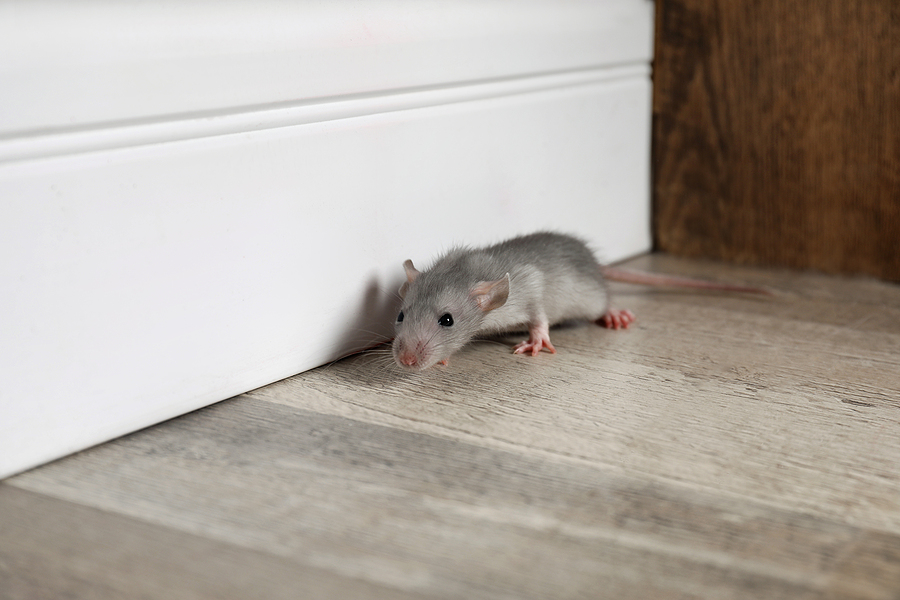Living in harmony with nature doesn't mean you must invite pests into your home. Preventing pests before they start is a proactive approach that can save you from future headaches and potential health issues. By incorporating effective preventive measures into your routine, you can maintain a pest-free environment. In this guide, we'll explore how to fortify your home and garden against uninvited guests.

Understanding the Pest Problem
Pests are not just unsightly; they can cause significant damage to your property and even carry diseases. Understanding the specific pest threats in your region is the first step in preventing infestations. Whether it's rodents, insects, or other unwelcome invaders, knowing their habits and seasonal patterns can help in crafting an effective prevention strategy.
How Weather Affects Pest Infestations
Weather plays a crucial role in pest behavior. For instance, wet seasons can lead to an increase in mosquito populations, while cold snaps might drive rodents indoors. Keeping an eye on weather patterns can alert you to the potential for increased pest activity.
Learn more about how weather patterns can influence pest activity.
Practical Steps to Prevent Pests
1. Seal Entry Points
One of the most effective ways to keep pests out is by sealing potential entry points. Inspect your home for cracks, crevices, and holes. Pay particular attention to areas around windows, doors, and utility lines. Using caulk or other sealants will prevent pests from gaining a foothold in your home.
You can learn more about sealing techniques from experts at My Pest Pro's DIY tips.
2. Maintain Cleanliness
Good sanitation is a critical component in pest prevention. Food scraps and dirty dishes can attract a variety of pests, including ants and cockroaches. Make it a habit to clean up immediately after meals, store food in airtight containers, and regularly empty your trash to avoid attracting pests.
3. Landscaping and Yard Maintenance
Overgrown vegetation and piles of debris can provide a perfect habitat for pests. Regularly trim your shrubs, mow your lawn, and eliminate any standing water from your yard. By maintaining a tidy outdoor environment, you'll reduce the chances of pests making their way into your home.
Exploring Advanced Pest Prevention Techniques
Using Natural Deterrents
Some plants and herbs are known for their pest-repelling properties. For example, mint can deter mice, and marigolds are effective against certain insects. Planting these around your home creates a natural barrier against pests.
Regular Inspections
Routine inspections by professional pest control experts can save you from future troubles. They can identify early signs of pest activity and apply targeted treatments if necessary.
Invest in Professional Pest Control Services
If your pest problem persists despite your best efforts, it might be time to call in the professionals. Expert pest control services can offer integrated pest management strategies tailored to your specific needs.
Check out the top DIY pest control tips to complement professional services.
Final Thoughts on Preventing Pests
The key to effective pest prevention is vigilance and consistency. By integrating these strategies into your lifestyle, you can enjoy a home free of unwelcome critters. Remember, the best defense against pests is a proactive approachbegin implementing these steps before the pests start.

FAQs About Preventing Pests
What are the most common indoor pests?
Common indoor pests include mice, ants, cockroaches, and spiders. Each requires specific strategies for effective prevention.
How often should I inspect my home for pests?
It's advisable to inspect your home at least once every three months to catch any signs of pest activity early.
Are natural pest deterrents effective?
Yes, natural deterrents can be very effective, especially when integrated with other pest control measures. For instance, using certain plants can reduce the likelihood of insect infestation.
This article contains affiliate links. We may earn a commission at no extra cost to you.
